Quebec: Au revoir?
Quebec's Relationship with Canada: Succession Debates and Provincial Grievances
Background on Quebec
Quebec joined the Canadian Confederation in 1867 as one of the four original provinces, alongside Ontario, Nova Scotia, and New Brunswick. The province currently holds 78 seats in the House of Commons, making it the second most represented province after Ontario.
With a population of approximately 8.5 million people (as of 2023), Quebec is Canada's second most populous province. The three largest cities in Quebec are:
-
Montreal: 1.8 million (metro area: 4.3 million)
-
Quebec City: 550,000 (metro area: 830,000)
-
Laval: 440,000
Economic Profile
Quebec has a diverse economy with strengths in aerospace, information technology, pharmaceuticals, and hydroelectric power generation. The province contributes roughly 19% of Canada's total GDP. Quebec's economy has traditionally lagged behind Ontario's, with the median household income in Quebec at approximately $79,000 compared to Ontario's $89,000.
The province maintains a unique economic model with greater state intervention and social programs compared to other provinces. Hydro-Québec, a public utility, provides relatively inexpensive electricity and serves as an economic driver.
The Sovereignty Movement
Quebec's sovereignty movement has deep historical roots in its distinct French language and culture within predominantly Anglophone Canada. The movement gained significant momentum in the 1960s during the "Quiet Revolution" when Quebec underwent rapid secularization and modernization.
Two major sovereignty referendums have been held:
-
1980: 40% voted in favor of sovereignty-association
-
1995: 49.42% voted for sovereignty, narrowly failing by less than 1%
Since the 1995 referendum, support for outright independence has generally declined, though a significant portion of Quebecers still support increased autonomy.
Current Political and Public Positions
Bloc Québécois
The Bloc Québécois, a federal political party dedicated to Quebec sovereignty, has experienced a resurgence in recent years. Leader Yves-François Blanchet has shifted focus from immediate independence to defending Quebec's interests and autonomy within Canada while keeping sovereignty as a long-term goal.
Coalition Avenir Québec (CAQ)
Premier François Legault, leader of the CAQ, has taken a nationalist but not separatist approach, advocating for greater provincial autonomy rather than outright independence. The CAQ focuses on protecting Quebec's French language and cultural identity.
Parti Québécois
While diminished in provincial influence, the Parti Québécois continues to advocate for sovereignty, with leader Paul St-Pierre Plamondon maintaining that independence remains necessary for Quebec's cultural survival.
Federal Leadership
Former Prime Minister Justin Trudeau, himself a Quebecer, has consistently opposed Quebec separation while acknowledging Quebec's distinct society status. Conservative leader Pierre Poilievre has emphasized economic integration while supporting reasonable accommodation for Quebec's cultural and linguistic uniqueness.
Quebec's Grievances with Ottawa
Language Protection
Quebec consistently seeks greater control over language policy to protect French in North America. Bill 96, recently passed by the provincial government, strengthens French language requirements and limits access to English services, creating tensions with the federal government over minority language rights.
Immigration Powers
Quebec demands greater control over immigration to ensure newcomers integrate into francophone society. The province currently has a special agreement with Ottawa allowing it to select economic immigrants, but seeks expanded powers.
Cultural Autonomy
The protection of Quebec's distinct cultural identity remains a core concern, with the provincial government opposing federal intrusion into areas like broadcasting and cultural policy.
Fiscal Autonomy
Quebec often argues for greater control over taxation and spending, with disputes over equalization payments and federal spending powers.
Secular Government
Bill 21, Quebec's controversial secularism law prohibiting public servants in positions of authority from wearing religious symbols, has created tensions with the federal government, which sees potential constitutional conflicts with religious freedoms.
Major Challenges Facing Quebec
Demographic Shifts
Quebec faces demographic challenges including an aging population, low birth rates, and population shifts from rural areas to urban centers.
Language Preservation
Despite protective legislation, the percentage of French speakers continues to decline gradually, especially in Montreal.
Economic Competitiveness
Quebec struggles with productivity gaps compared to other North American jurisdictions, partly due to higher tax rates and regulatory burden.
Healthcare System Strain
Like other provinces, Quebec faces significant healthcare challenges, exacerbated by the COVID-19 pandemic and an aging population.
Environmental Concerns
Despite Quebec's leadership in renewable energy, the province faces challenges in meeting ambitious climate targets while maintaining economic growth.
Conclusion
While Quebec sovereignty is less prominent in political discourse than in previous decades, the fundamental tensions between Quebec's desire for autonomy and federal powers persist. Rather than outright independence, the contemporary debate centers on Quebec nationalism within the Canadian federation, with demands for greater powers and recognition of its distinct society status.
The complex relationship between Quebec and the rest of Canada continues to evolve, with both separatist sentiments and federalist accommodation shaping Canadian politics and identity. As Quebec navigates its major challenges, the question of how much autonomy is sufficient to protect its language and culture while benefiting from Canadian federation remains at the heart of this ongoing national conversation.
Author: Mark Bajanen with the assistance of Type.Ai for detail


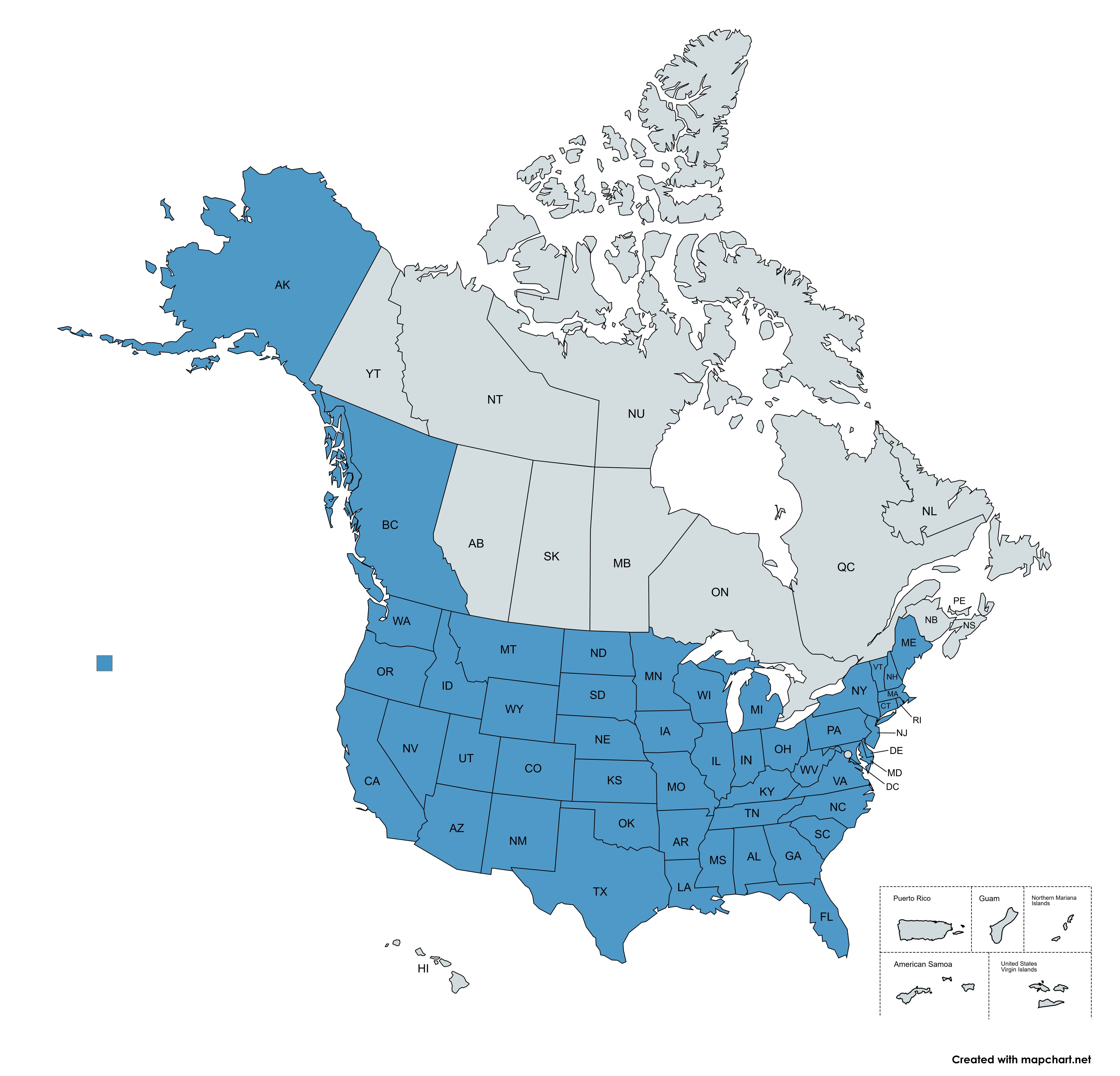
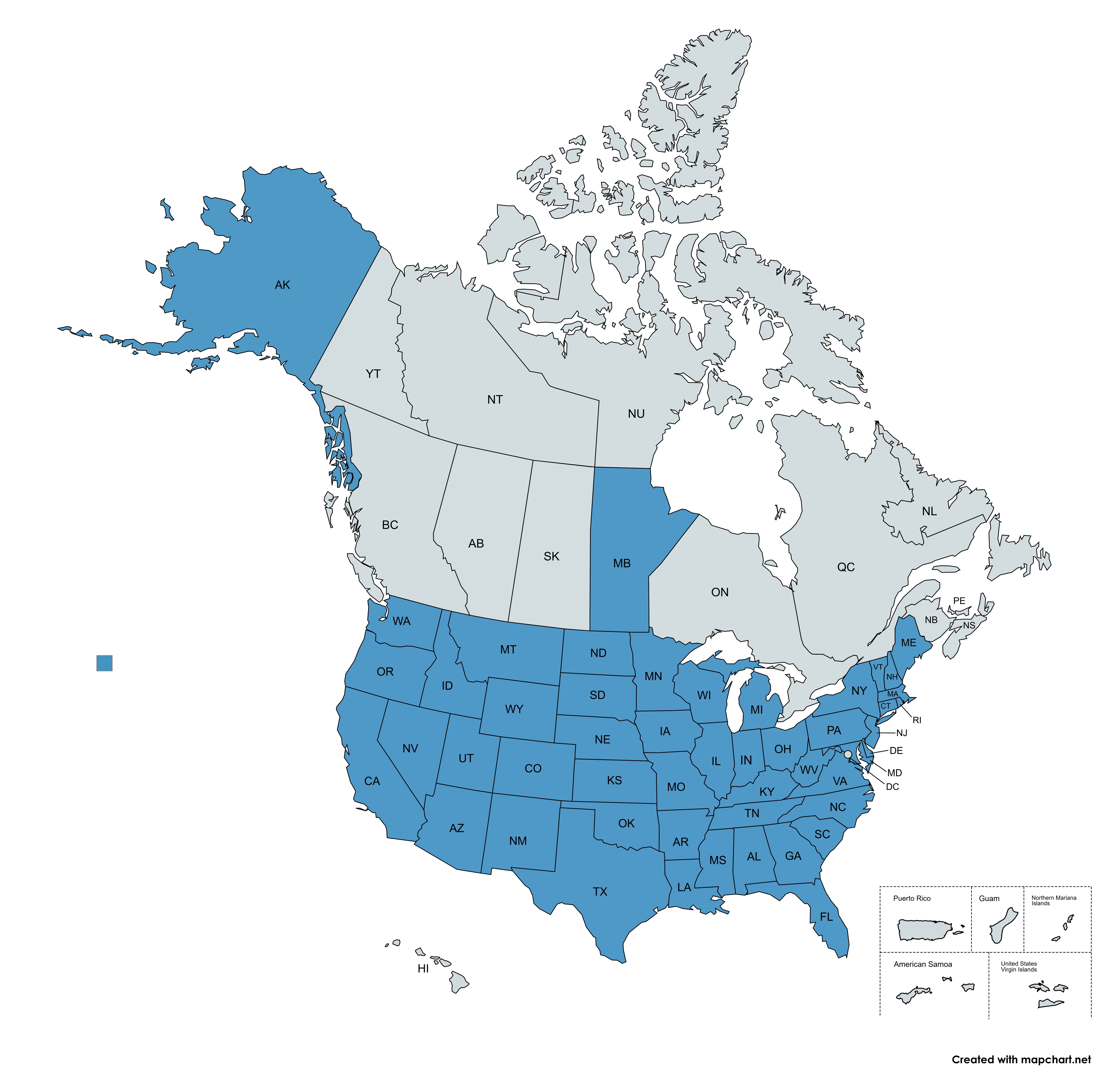
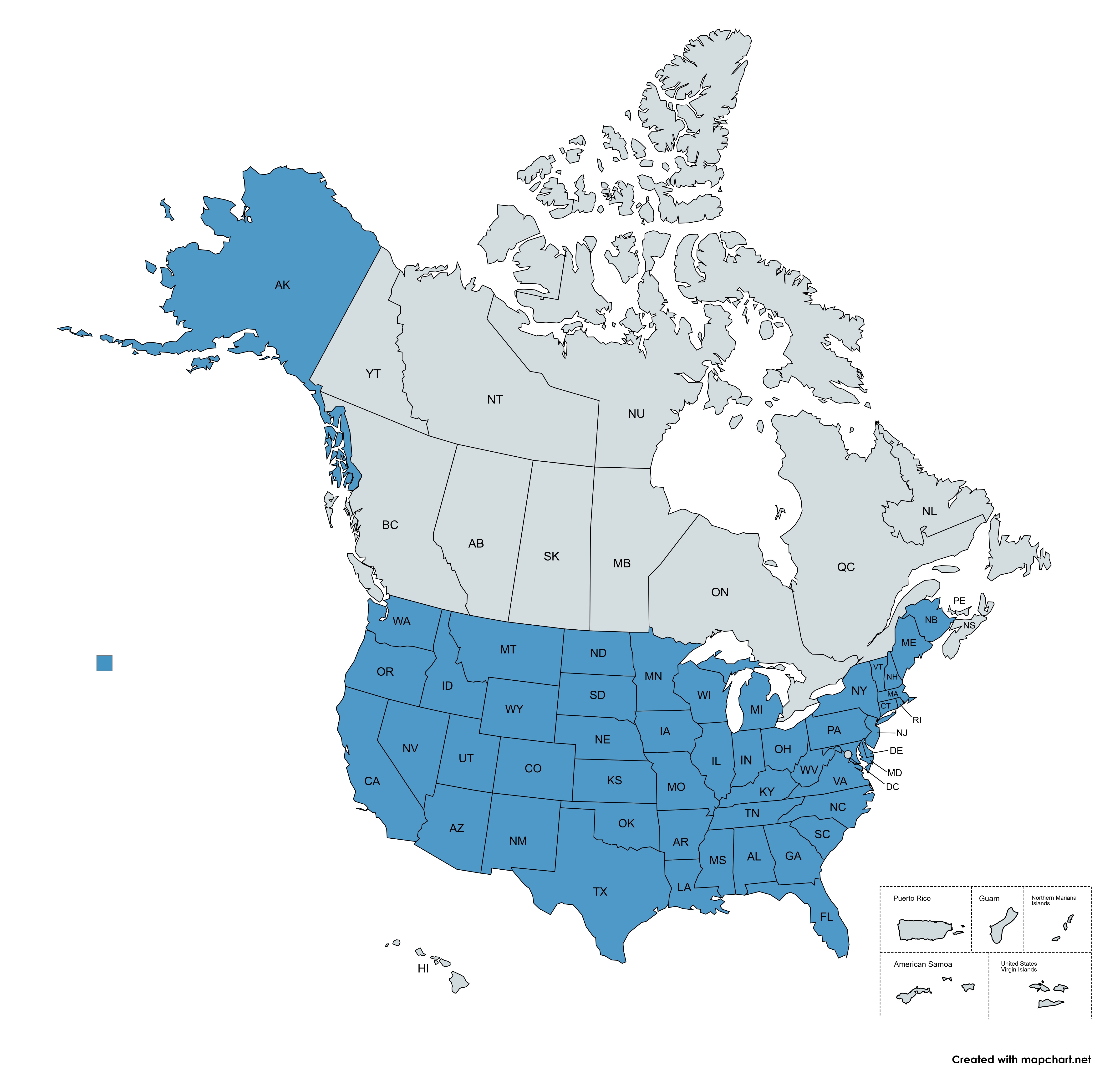
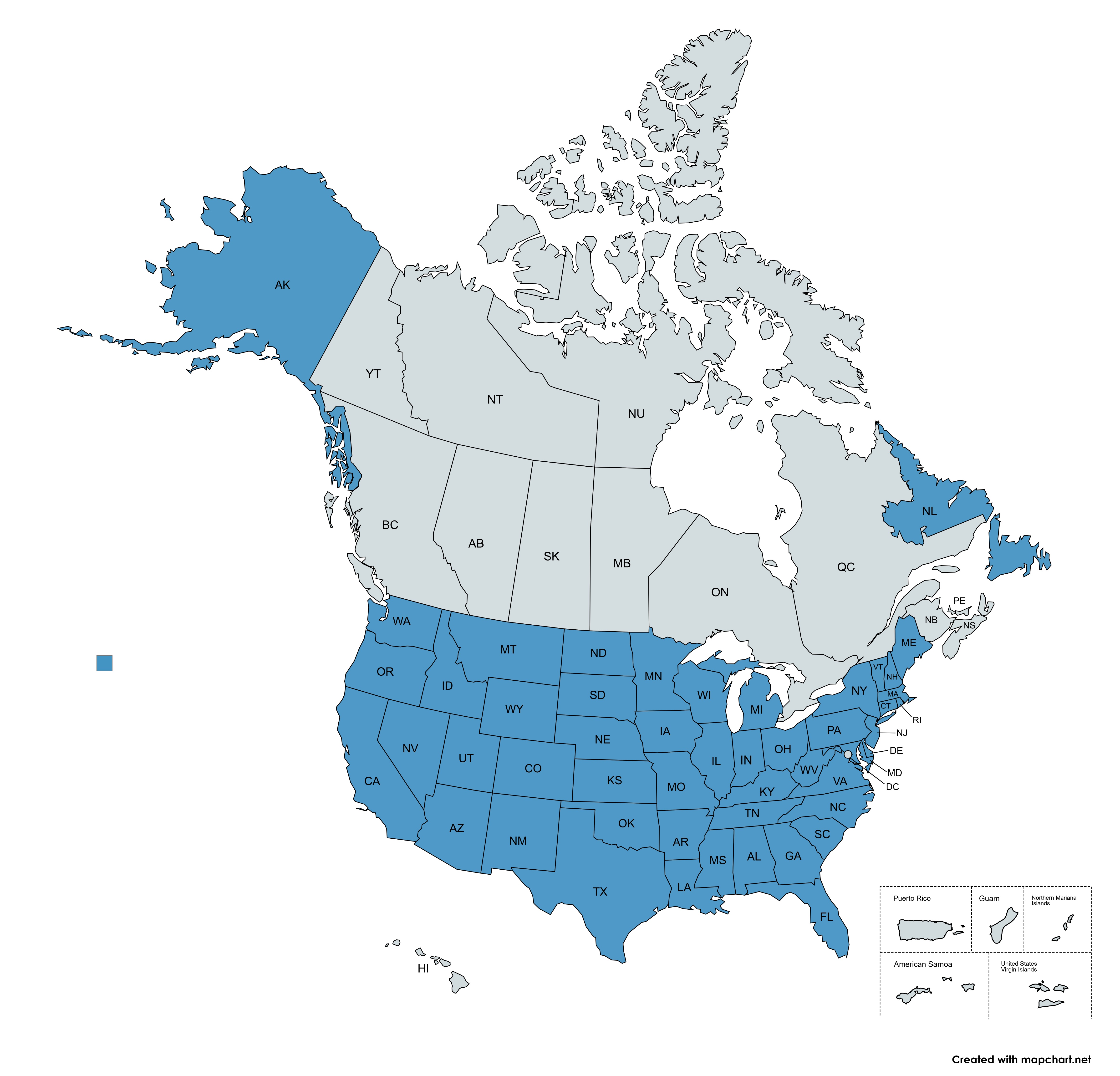
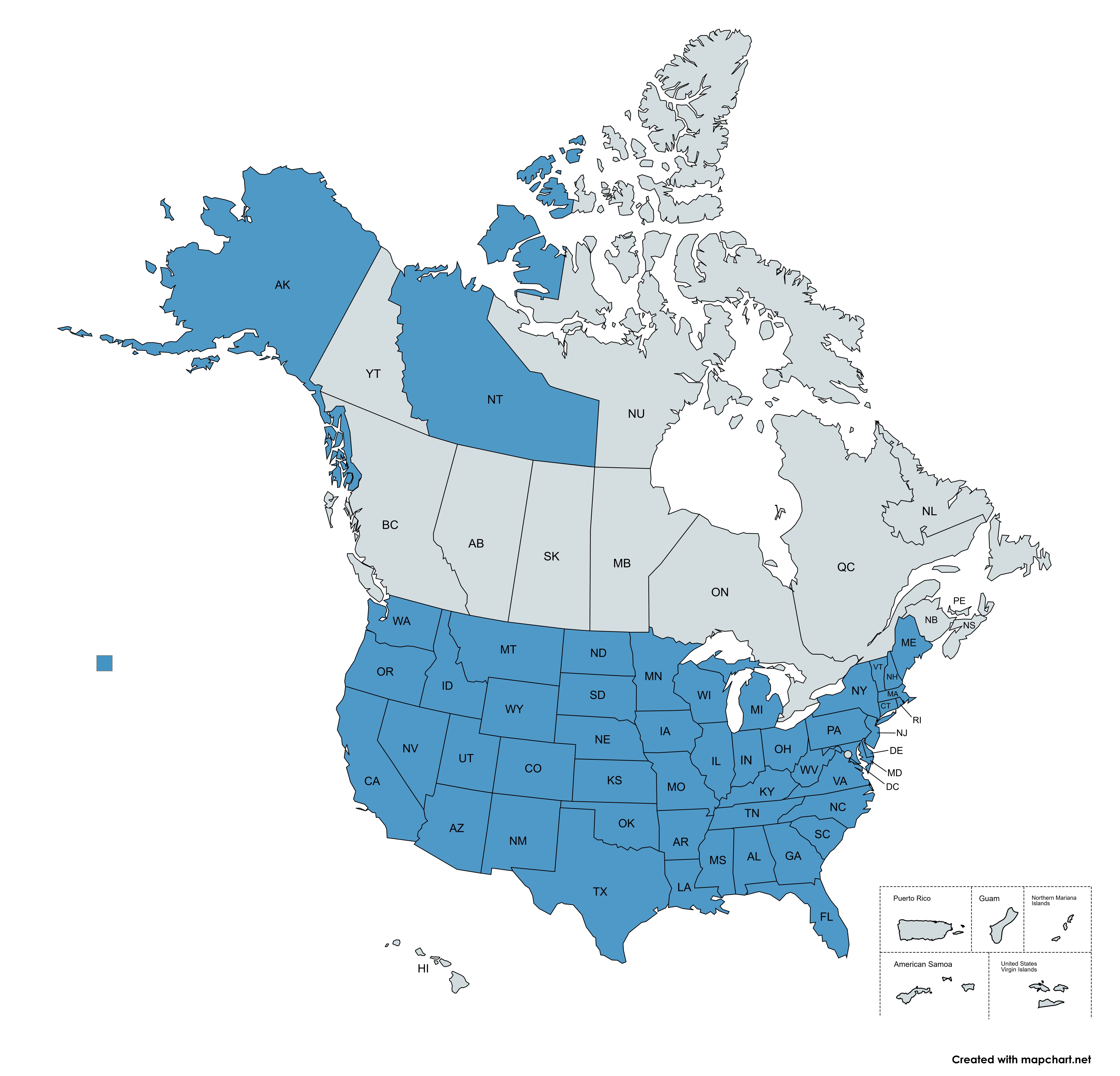
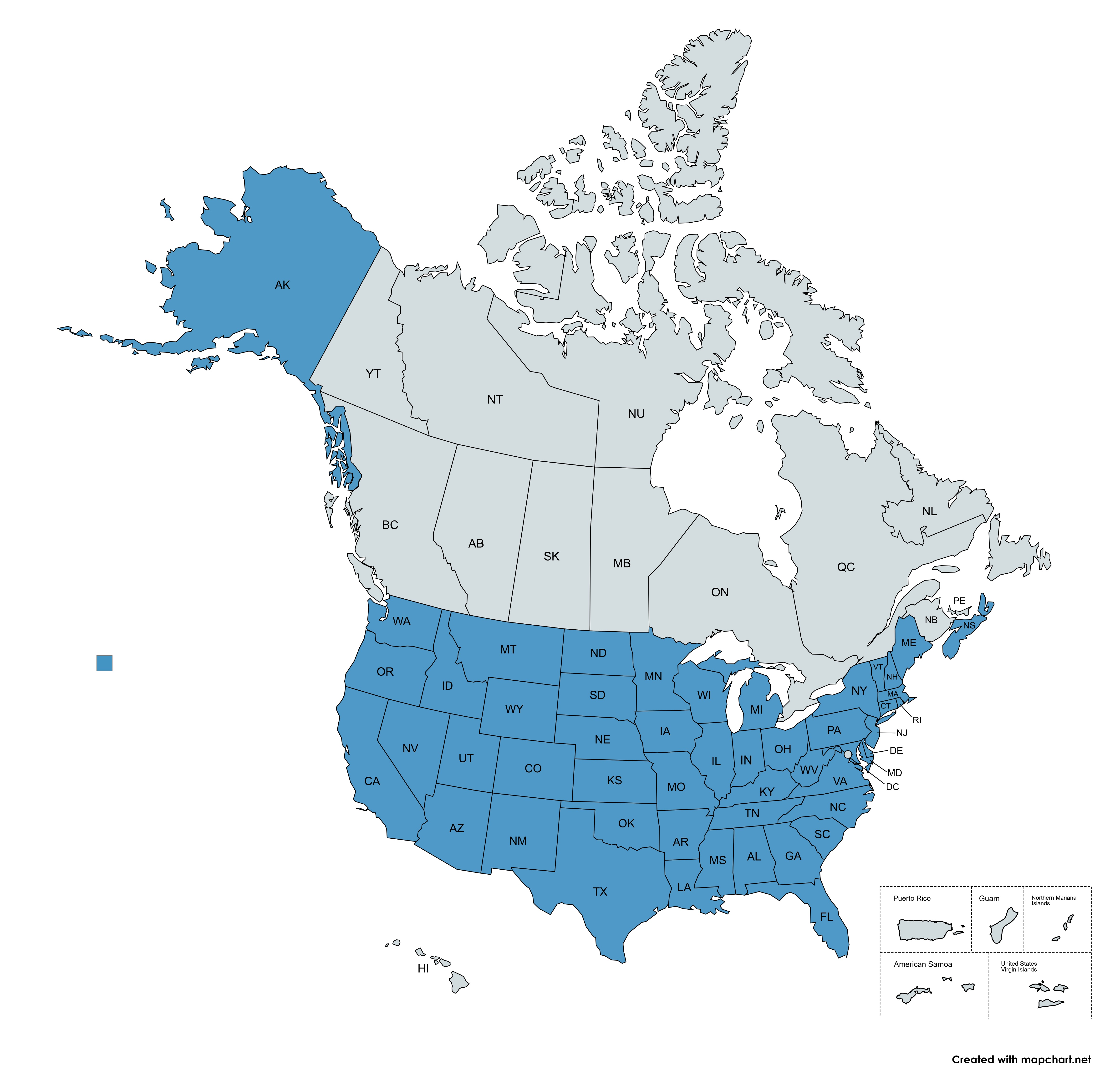
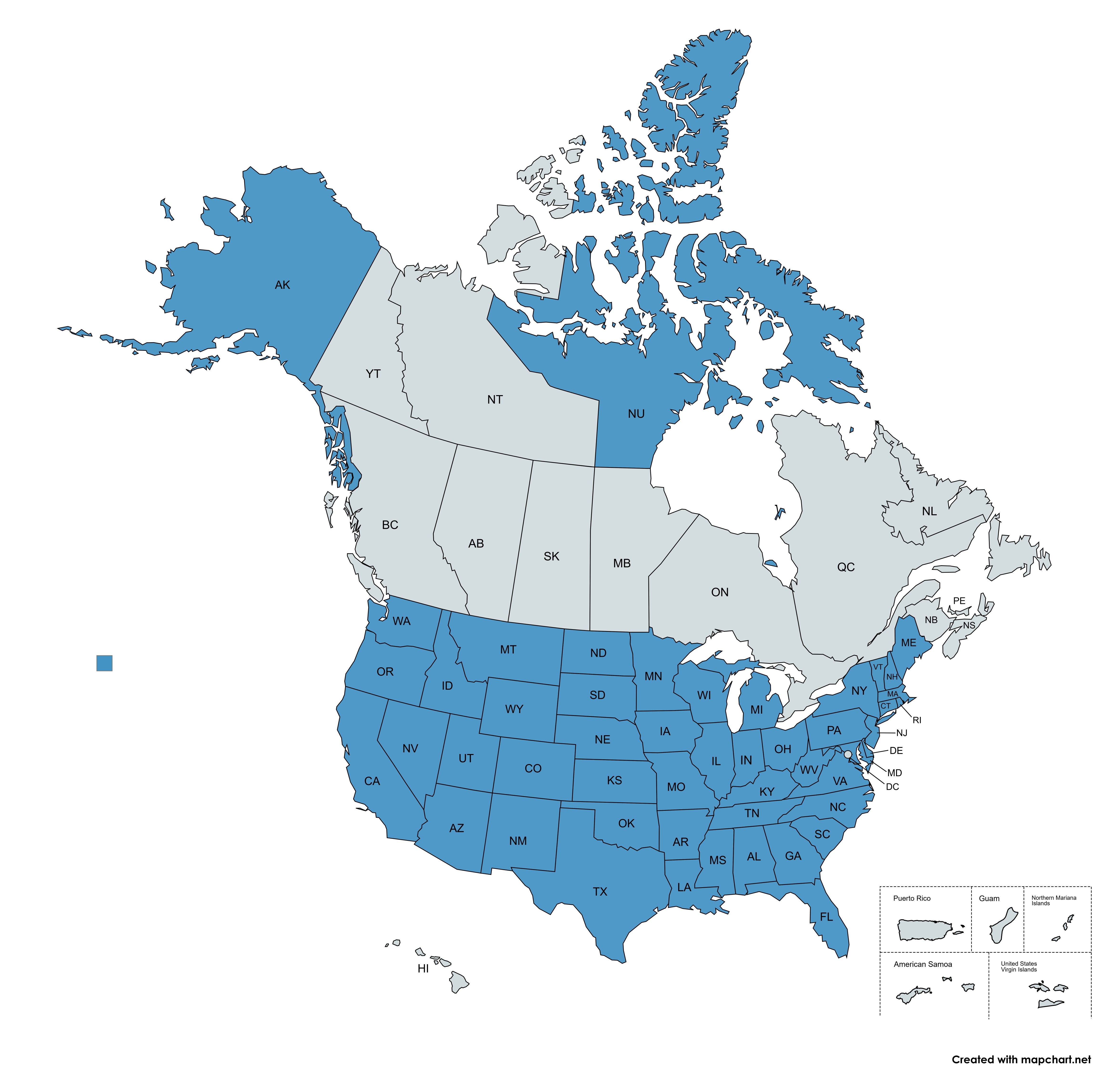

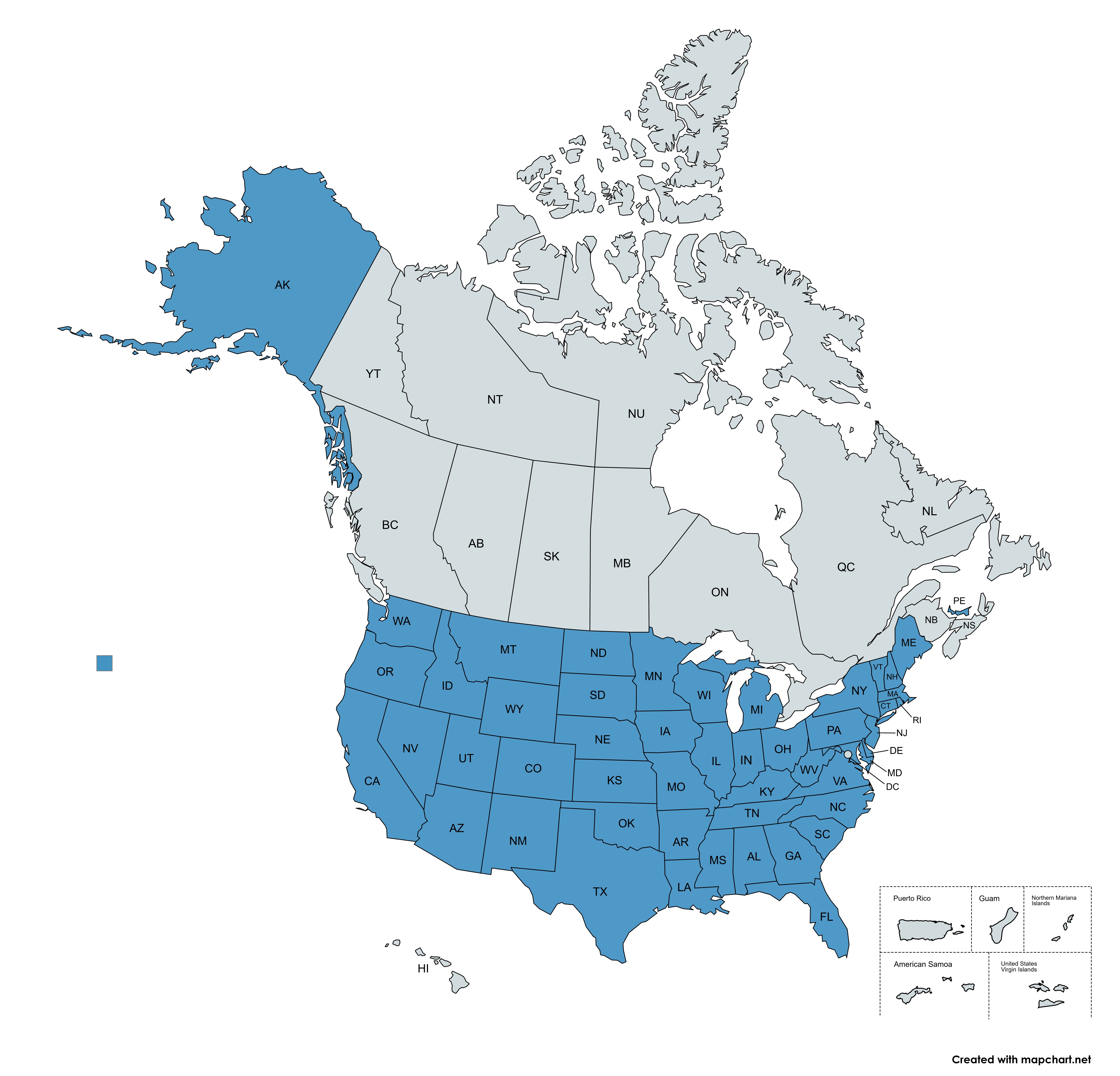
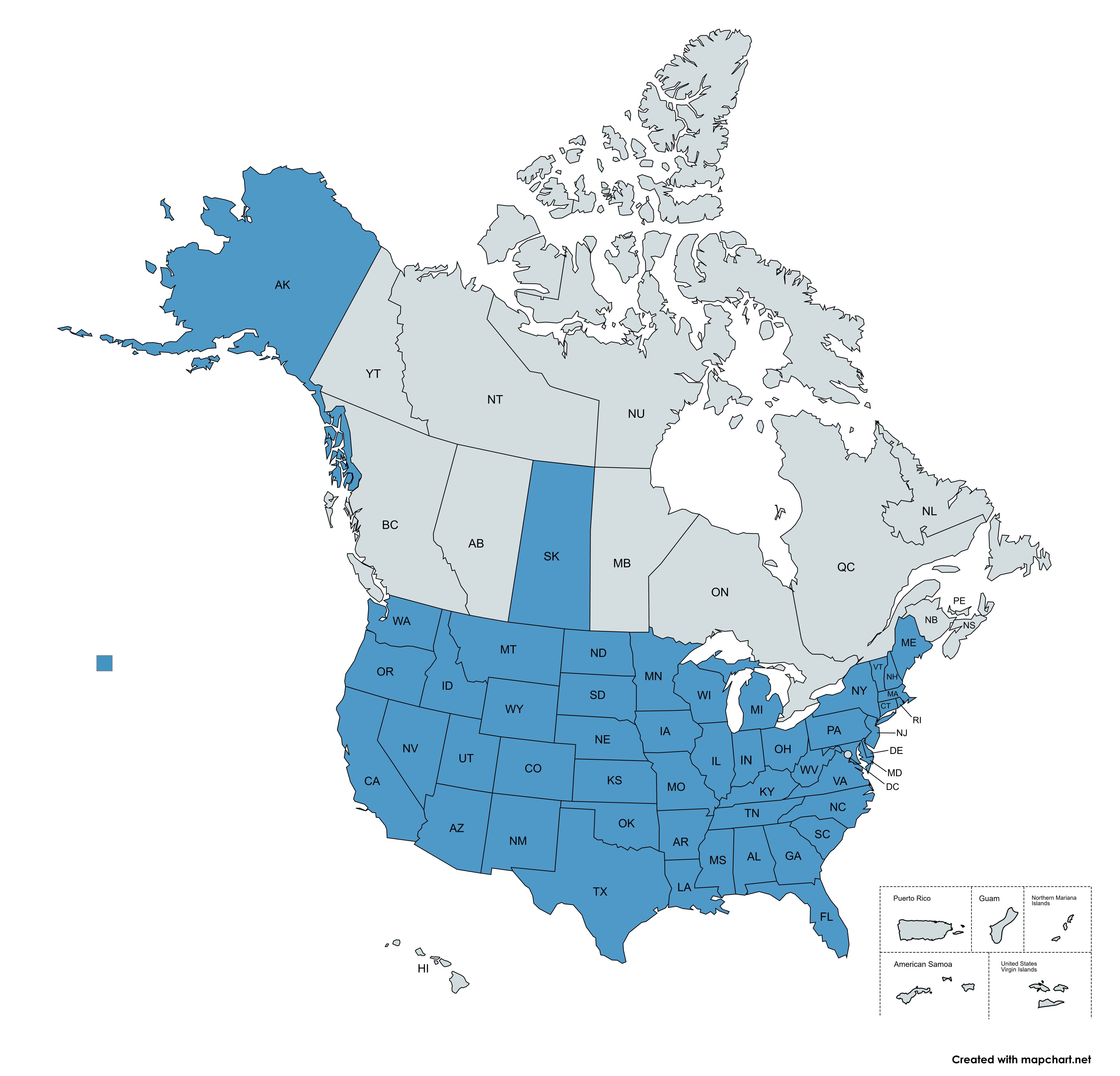
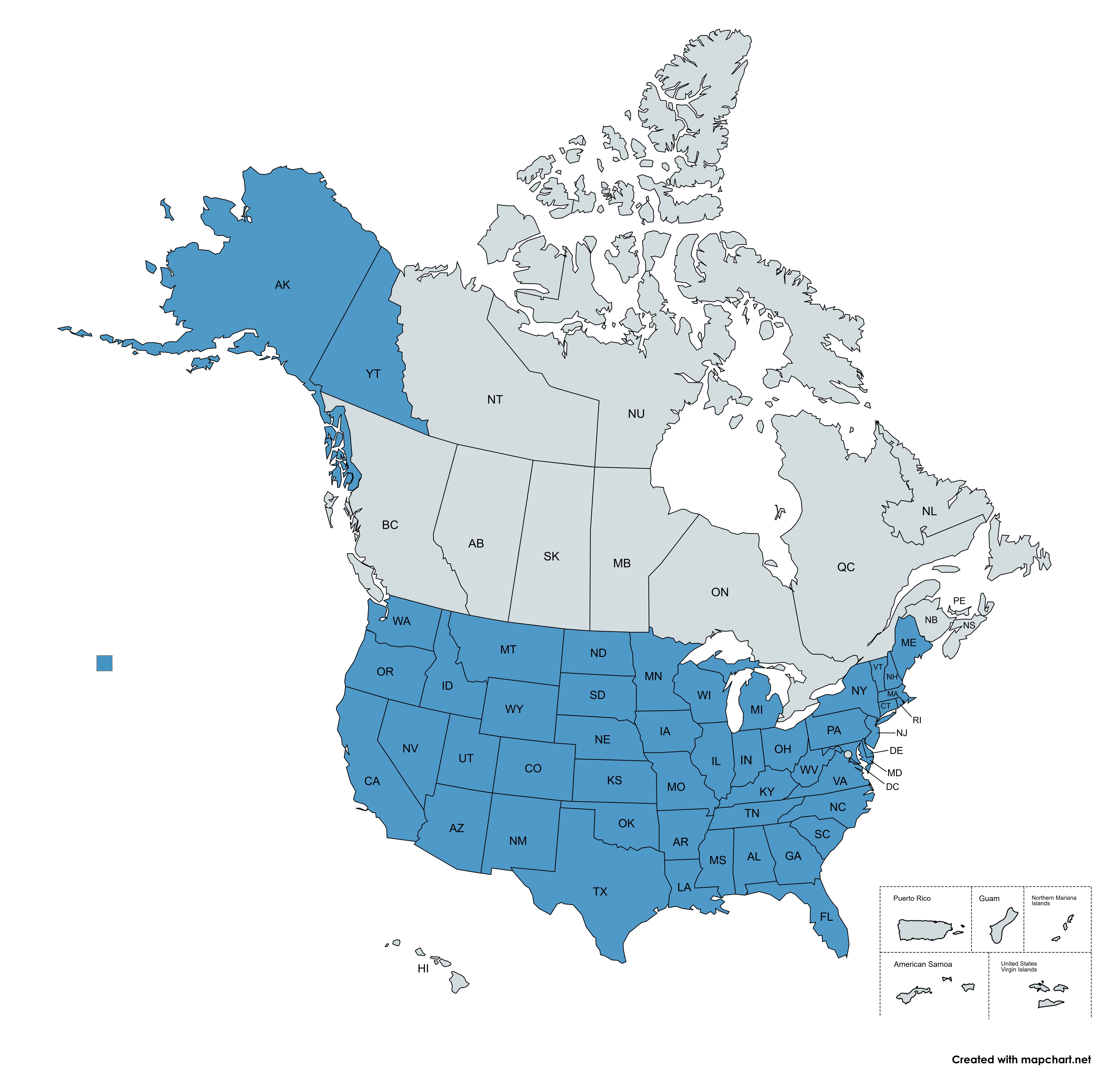
Comments
No comments yet. Be the first to comment!